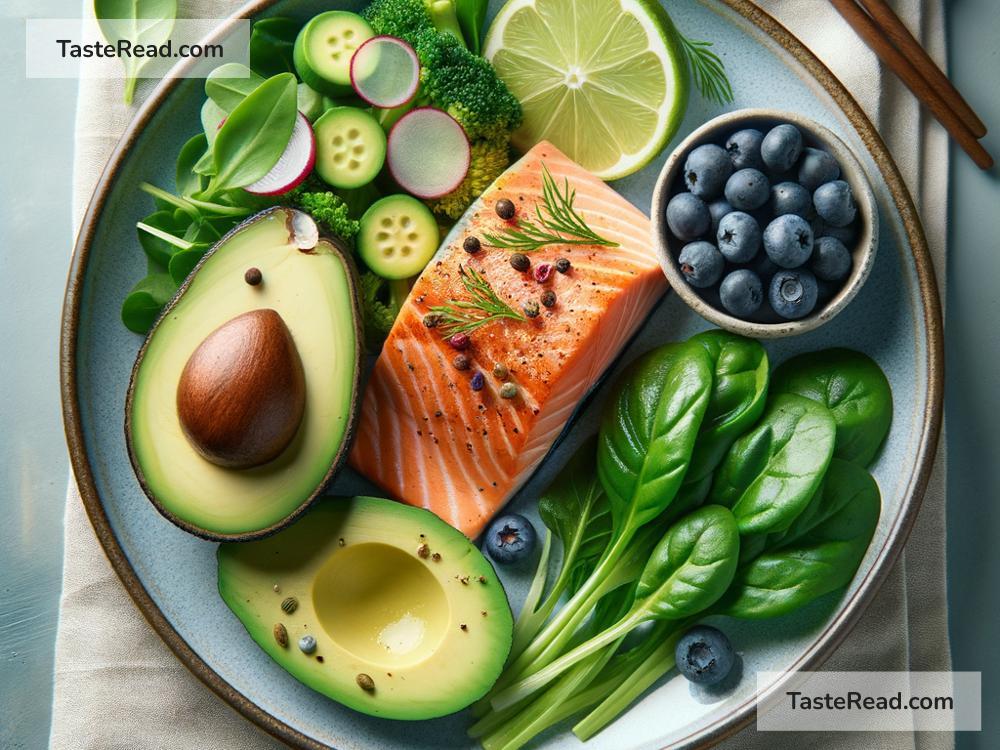Keto and Athletic Recovery: Reducing Inflammation Naturally
Whether you’re hitting the gym, pounding the pavement, or pushing the limits in any athletic arena, one thing is inevitable: your body will experience inflammation. It’s a normal part of recovery, signaling your body to heal and repair. However, excess inflammation can slow you down, leading to prolonged recovery times and affecting your overall performance. Wouldn’t it be fantastic if you could naturally reduce inflammation and speed up recovery? Enter the ketogenic, or ‘keto’, diet – a fascinating approach to fueling your body that might just be the ticket to better recovery for athletes.
What is the Keto Diet?
The keto diet flips the traditional food pyramid on its head. It’s a high-fat, moderate-protein, and very low-carb diet. Typically, carbs are your body’s go-to source for energy. Cut those carbs, and your body enters a state called ketosis. In ketosis, your body burns fat for fuel, leading to various benefits, including weight loss, more stable energy levels, and yes, potentially, reduced inflammation.
Keto and Inflammation
One of the compelling aspects of keto for athletes is its potential to decrease inflammation. When in ketosis, your body produces ketones, which have been shown to have anti-inflammatory properties. This could be particularly beneficial for athletes looking to recover quickly and efficiently from intense workouts, training sessions, or competitions.
Beta-hydroxybutyrate (BHB), a type of ketone body, plays a star role here. Research suggests that BHB can block specific signals in the body that promote inflammation. By reducing this inflammatory response, the keto diet might help in quicker recovery times, less soreness, and improved overall athletic performance.
Keto-Fueled Recovery: A Game-Changer?
For athletes, recovery is not just about bouncing back from injury; it’s about daily recuperation from training – the kind that allows you to train again sooner and at a higher intensity. By potentially cutting down on inflammation, the keto diet could change the game when it comes to recovery.
Moreover, the keto diet encourages the consumption of high-quality fats – like those from avocados, nuts, seeds, and oily fish – which are also known for their anti-inflammatory effects. Combine these healthy fats with the ketone-produced anti-inflammatory benefits, and you’ve got a powerful one-two punch against inflammation.
Making Keto Work for You
Embarking on a keto journey for athletic recovery requires some planning. Here are some pointers:
- Educate Yourself: Understand the basics of the diet, and consider consulting with a nutritionist familiar with keto and athletic performance.
- Quality Matters: Opt for high-quality fats and proteins. Think grass-fed beef, wild-caught salmon, and organic nuts and seeds.
- Stay Hydrated: Keto can lead to dehydration and electrolyte imbalances. Ensure you’re drinking plenty of water and consider adding electrolyte supplements.
- Monitor Your Performance: Keep an eye on how your body responds. Some athletes notice improved energy and focus, while others might need to tweak their carb intake for optimal performance.
The Verdict
For athletes intrigued by the idea of natural inflammation reduction and potentially faster recovery times, the keto diet presents an interesting option. Like any dietary change, the key is to listen to your body, prioritize nutrient-rich whole foods, and consider seeking guidance from nutrition or health professionals familiar with both keto and athletic demands.
While the keto diet may not be for everyone, its focus on high-quality fats and the reduction of sugar and processed carbs align well with general recommendations for a healthy lifestyle. Whether you’re looking to optimize your athletic performance or simply interested in the additional health benefits, the keto diet’s approach to reducing inflammation could be worth exploring.
In the end, the most crucial aspect of any diet or nutrition plan is how it fits with your lifestyle and helps you achieve your health and fitness goals. With the keto diet, the potential for improved athletic recovery through natural inflammation reduction offers an exciting avenue for athletes ready to explore beyond traditional carb-loading for energy and recovery.


